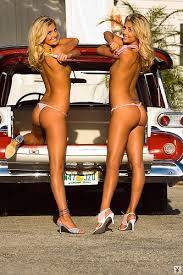Around 1945, tattoos were legalized again but the criminal image was retained. Japan’s notorious mafia, Yakuza, were often associated with having tattoos to show their connections to the criminal underworld. As a result, many businesses in Japan have banned tattoos, such as public baths and massage parlours.
In Japan, a traditional artist will train for many years under a master. They are nearly exclusively male and will sometimes live with the master full time. Cleaning the studio and practicing on one’s own flesh is just part of the duties of an apprentice. Making the needles and tools, mixing inks and copyring designs repeatadly are also part of the process to become a tattoo artist in Japan.
Japanese tattoo apprentices will often be given a name by his master and become part of the family. Becoming a tattoo artist in Japan is a lifestyle, not a job.
There are three kinds of scripts in Japanese: kanji, hiragana and katakana. The combination of all three are used for writing. Characters can be written both vertically and horizontally.
Katakana is generally used for foreign names, places, and the words of foreign origin. Therefore if you are from a country that doesn’t use kanji (Chinese characters), your name is normally written in katakana. For Japanese tattoo lettering, people often use Kanji.


















No comments:
Post a Comment